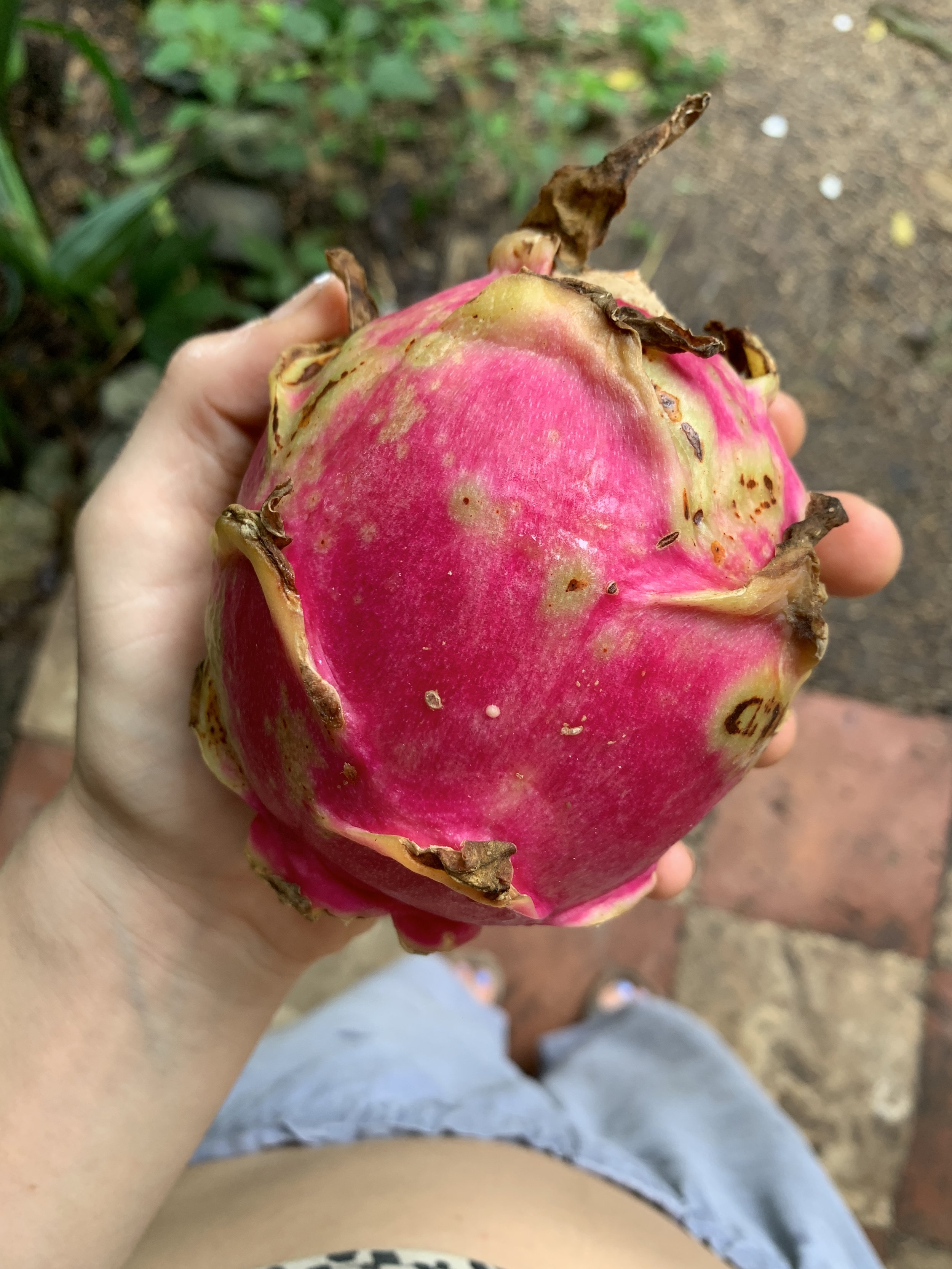Auto-immuni(me).1
My Autoimmune Journey: A Woman’s Healing Path Through Diet and Lifestyle
Being just at the beginning of my journey,
I feel a pull to document this experience as a resource for other women and people whose chest pangs a heavy bell at the vastly heard but narrowly understood word, autoimmune.
This is Autoimmuni(me): a journal of a young woman’s wading into a new reality and the changes it demands but also invites.
The Shock and Relief of an Autoimmune Diagnosis
Like probably most anyone, the first time the first doctor mentioned the word autoimmunity, I felt a shock of disbelief at that ever possibly applying to me and at how little I actually knew about it until I had to. When the first rheumatologist confirmed the news, I felt ravenous to know everything possible simultaneously with a newfound relief that everything my body had been dealing with for the past 18 months was finally beginning to make sense. The mystery was solved. I didn’t know in that moment that really only the first mystery had been solved.
Coping with Coffee Withdrawal on the Autoimmune Protocol Diet
I can tell you already what many others likely would as well, the hardest thing about the whole show is giving up coffee. When I want it so much, I remind myself that it will return to my life, maybe. My higher self also knows that as addicted to coffee as I am and have been since being a young teenager, taking a break from the nectar of life as we true addicts understand it to be, is not such a bad idea.
How the Autoimmune Protocol Diet Supports My Healing Journey
Only a few weeks into the autoimmune protocol (AIP) diet portion of this journey, it is liberating to feel awake and energized at 7am and into the late afternoon, without coffee. This is something I formerly believed to be next to impossible or, at the very least, extremely difficult to achieve. In reality, the first week was the hardest and old habits die hard or they don’t die at all and the withdrawal headaches were consistently relentless. But something wonderful about the AIP is that it doesn’t require you to eliminate caffeine in all situations, depending on which autoimmune disease you have. (Some do recommend you cut out caffeine completely, especially if you have been diagnosed with hyperthyroidism.) As this specific manifestation of autoimmunity so far has not proven to be the one wreaking havoc on my joints and tissues, I chose to let myself consume caffeine in the form of a variety of delicious black, red, and green teas. Pu-erh tea has been an exceptional companion in this journey away from coffee and the fact that it is a fermented tea means it delivers an abundance of other health benefits humbly contained within its toasty, grounding flavor.
Foods to Avoid on the Autoimmune Protocol Diet
What ended up making it easier to distance myself from coffee and other foods I love that I felt nervous about missing is that I started to feel better so quickly. The idea of the autoimmune protocol diet is to eliminate all foods that have any trace of inflammatory properties. The autoimmune protocol diet does not label any foods as “bad” or “good.” It is a practice of eating mindfully tailored for people whose bodies, for whatever reason, mix their signals when they consume certain things that trigger a defensive response in their immune system. Because there is nothing to really attack, the body begins attacking parts of its own self. Taking away all the foods that may possibly cause this reaction gives the body a chance at long last to detoxify from chronic inflammation, recover the gut, find its equilibrium, and then hopefully sooner rather than later, get its signals sorted without the influx of certain variables, and lay down its weapons.
How the Autoimmune Protocol Diet is Changing My Relationship with Food
The experiential reality of this eating practice made it almost easy to accept this prolonged time of avoiding certain meals and drinks that have formerly been staples in my diet. Some cherished favorites I thought I would struggle without besides coffee include eggs, corn, quinoa, rice, cocoa, nuts, and oats. Yes, I miss these things and hope to be able to eat them again one day, but I feel too good to dwell on it and am enjoying eating other familiar things in new ways and knowing that my body can consume them in peace, risk-free of the pain I grew used to after so long. I have been pleasantly surprised to discover the emerging list of things I thought I would miss but actually don’t including sugar, alcohol, and bread.
The Role of Diet in Autoimmune Disease Management
In all of my research on this topic, I have been sad to see how routine it is for rheumatologists to push pills on autoimmunity: to suffocate the signals, remind your body how to work, and mask the pain for your neurotransmitters. I had another moment of shock when I asked the second rheumatologist for his recommendations on how I could help my autoimmunity through diet, and his verbatim response was that diet “did not have anything to do with it.” But he was happy to write me five prescriptions, order $300 more dollars of blood tests, and tell me to come back in two months. What isn’t shocking is that so many of us have had experiences of this nature; doctors charging us to access their wealth of specialized knowledge only to give us some pills and say there is no more that they can do.
Healing Through Diet: A Revolutionary Approach to Autoimmune Disease
Lo bueno is that there is something we can do. Let food be thy medicine. Do not treat the symptoms, eliminate them. At the beginning of this journey, I feel an invitation to care for my body revolutionarily.
And so far, it is healing me.







